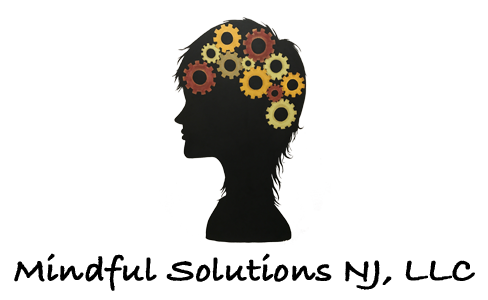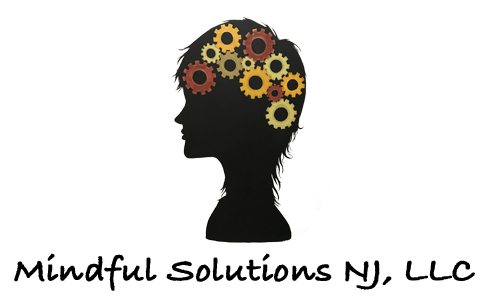Follow Us x
Treatment Approaches
No two individuals face the same daily struggles and that is why there is no cookie-cutter approach to counseling. Mindful Solutions NJ, LLC provides personalized therapy services that can be tailored to your specific needs.
Our Core Therapy approaches:
Eye Movement and Desensitization Reprocessing (EMDR)
Eye Movement Desensitization and Reprocessing (EMDR) therapy is a mental health treatment that has been extensively researched and proven effective for the resolution of mental health symptoms from adverse life experiences. Distressing life events can overwhelm a person's ability to cope have a lasting negative effect on mental, emotional, and physical health. EMDR therapy is an integrative psychotherapy that incorporates elements from many different treatment approaches for people of all ages suffering psychological distress.Find out more about EMDR through www.EMDRIA.org
Cognitive Behavioral Therapy (CBT)
(CBT) is a short-term, goal-oriented psychotherapy treatment that takes a hands-on, practical approach to problem-solving. Its goal is to change patterns of thinking or behavior that are behind people's difficulties, and so change the way they feel. It is used to help treat a wide range of issues in a person's life, from sleeping difficulties or relationship problems, to drug and alcohol abuse or anxiety and depression. CBT works by changing people's attitudes and their behavior by focusing on the thoughts, images, beliefs and attitudes that are held (a person's cognitive processes) and how these processes relate to the way a person behaves, as a way of dealing with emotional problems.An important advantage of cognitive behavioral therapy is that it tends to be short, taking five to ten months for most emotional problems. Clients attend one session per week, each session lasting approximately 50 minutes. During this time, the client and therapist work together to understand what the problems are and develop new strategies for tackling them. CBT introduces patients to a set of principles that they can apply whenever they need to, and that'll last them a lifetime.
Cognitive behavioral therapy can be thought of as a combination of psychotherapy and behavioral therapy. Psychotherapy emphasizes the importance of the personal meaning we place on things and how thinking patterns begin in childhood. Behavioral therapy pays close attention to the relationship between our problems, our behavior and our thoughts. Most psychotherapists who practice CBT personalize and customize the therapy to the specific needs and personality of each patient. Link for CBT
Trauma Focused Cognitive Behavioral Therapy (TF-CBT)
TF-CBT is an evidence-based psychotherapy or counseling that focuses on addressing the needs of children and adults with post-traumatic stress disorder and other difficulties related to traumatic life events. The goal of TF-CBT is to provide psychoeducation to both the child and the caregivers and help them to identify and cope with emotions, thoughts and behaviors. Research has shown TF-CBT to be effective in treating childhood post-traumatic stress disorder and children who have experienced traumatic events. Link for TF-CBTSandtray Therapy
Sandtray Therapy is hands on psychological work. It is a powerful therapeutic technique that facilitates the psyche's natural capacity for healing. In a "free and protected" space provided by the analyst, a client creates a concrete manifestation of his or her imaginal world using sand, water, and miniature objects. Link for Sandtray therapy

